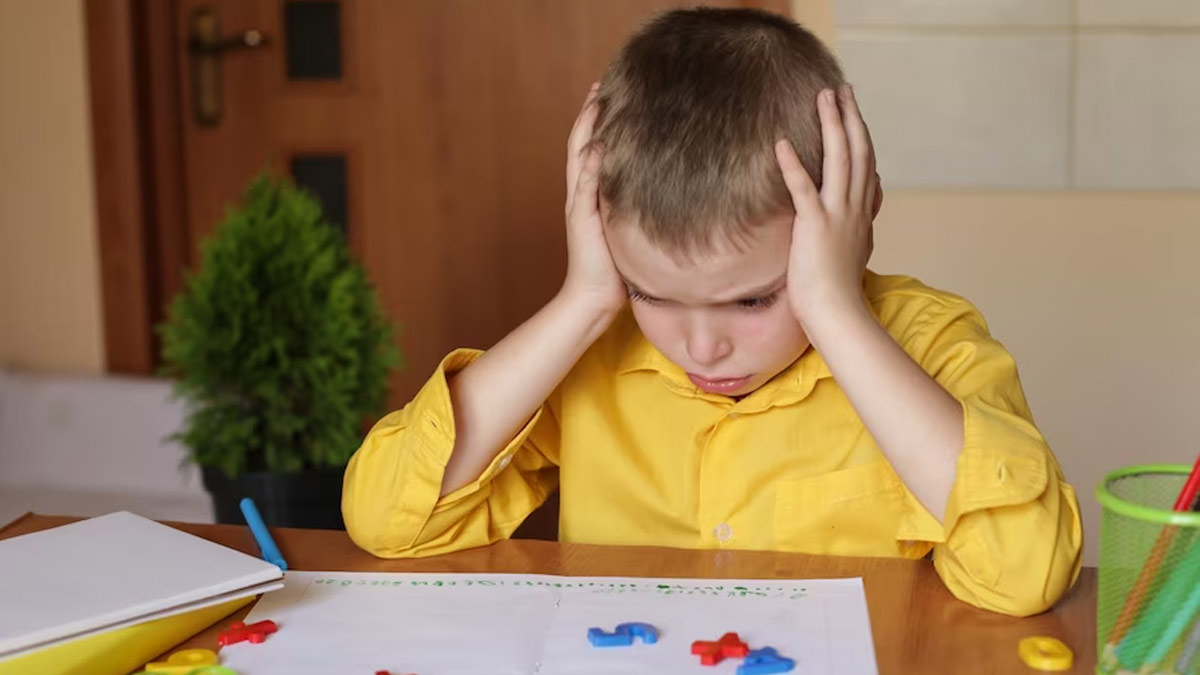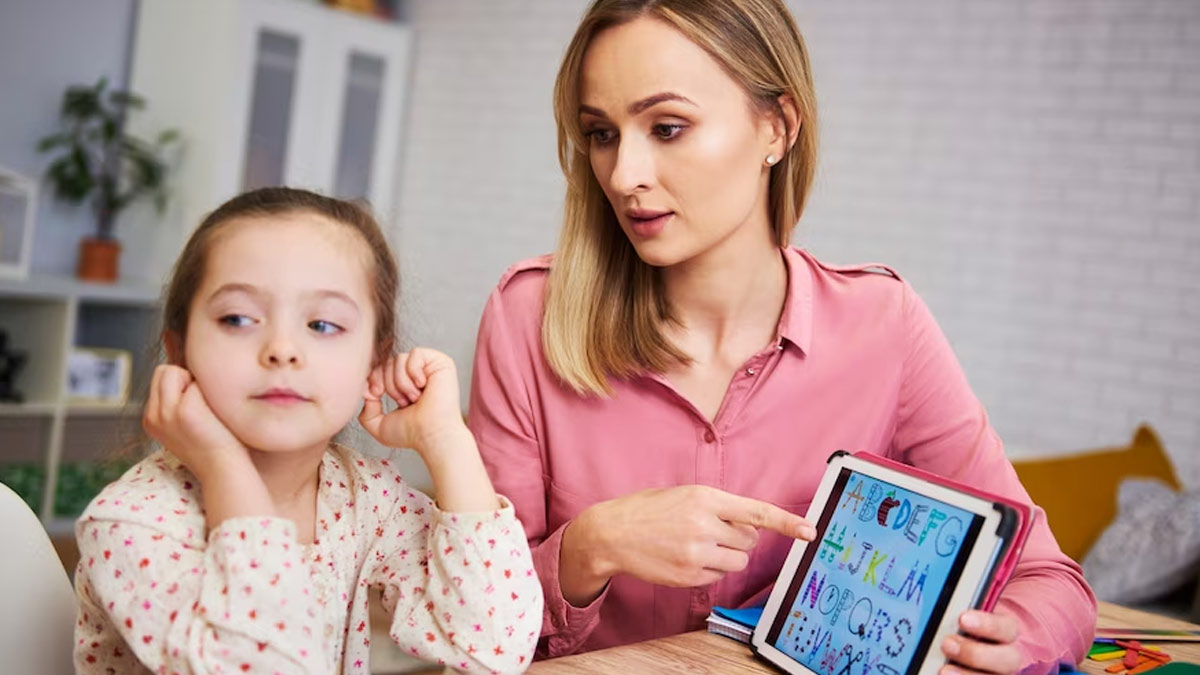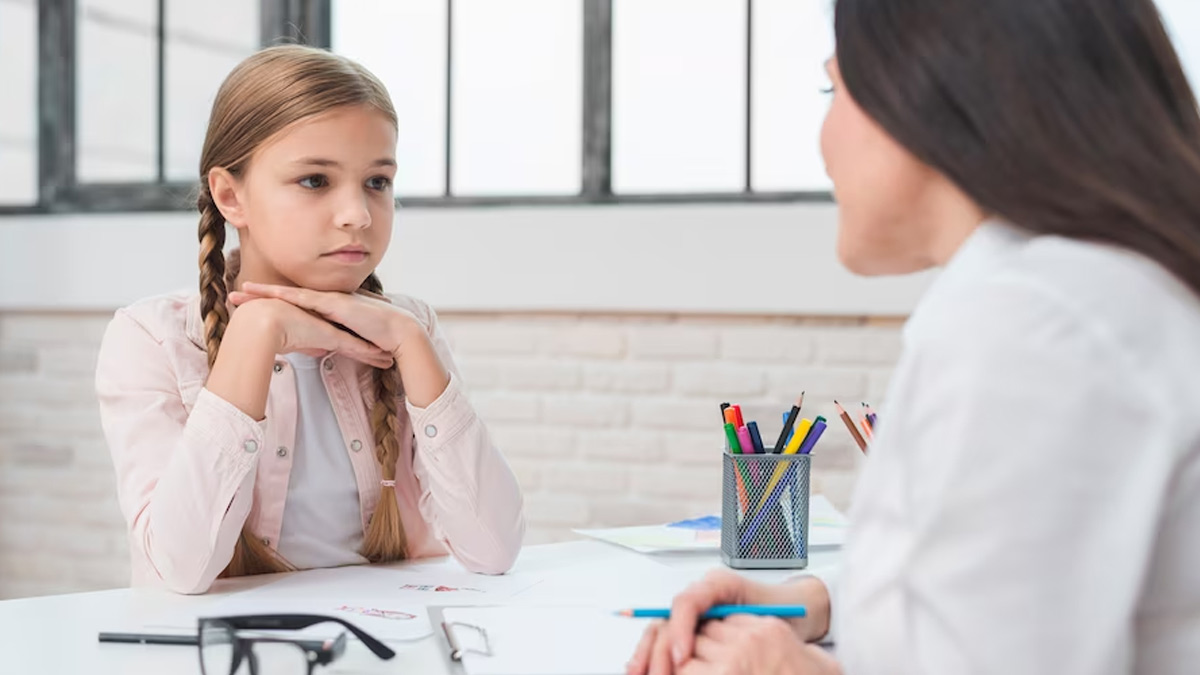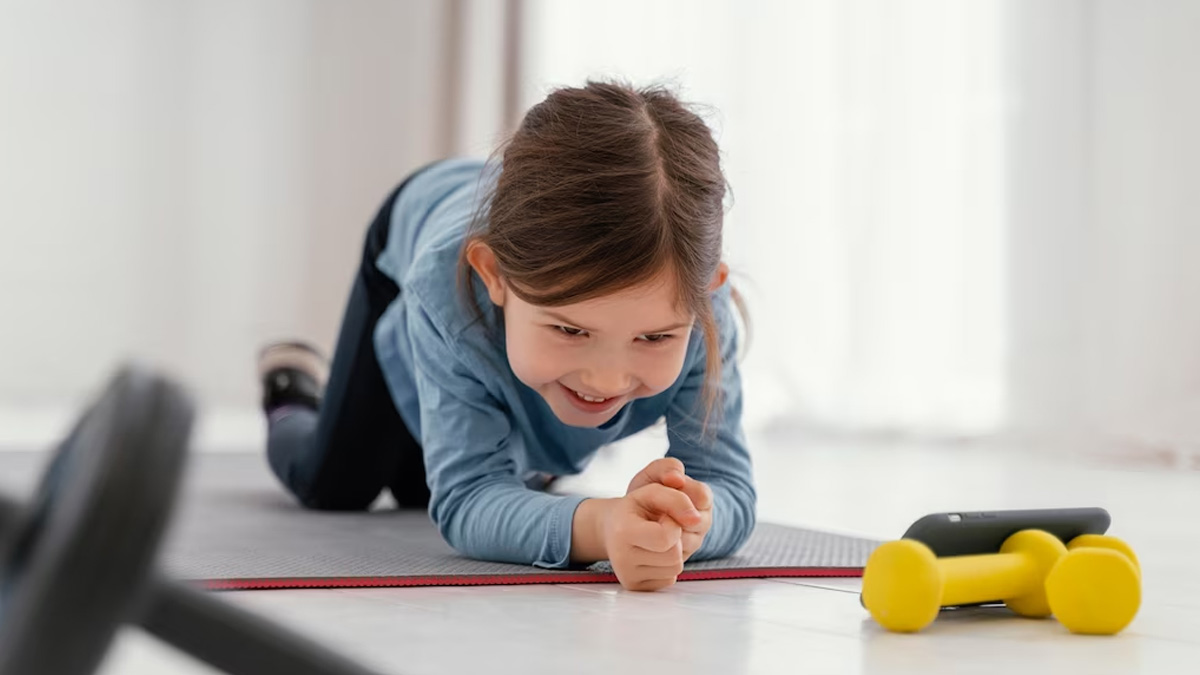
A child who is inattentive, hyperactive, impulsive, or lacks the ability to focus may be dealing with a neurological condition known as Attention-Deficit/Hyperactivity Disorder (ADHD), which affects millions worldwide. It can seriously impair a child's ability to operate on a day-to-day basis and to perform basic tasks. Even though ADHD is typically identified in children in their early years, untreated cases can last into adolescence and adulthood. We spoke to our expert Dr Sayoni Roy Chowdhury, Consultant - Paediatric Neurology, Madhukar Rainbow Children’s Hospital, who shared signs of ADHD and how to diagnose and treat it.
Table of Content:-
Signs of ADHD in Children
Children with ADHD may display various behaviours, which can typically be categorised into two main groups: inattention and hyperactivity/impulsivity. Dr Chowdhury listed the signs of ADHD in children as follows:

Inattention
Children with ADHD might appear forgetful and frequently shift their focus from one activity to another. Dr Chowdhury listed the core symptoms, which include:
- Having trouble focusing and getting easily distracted
- Making careless mistakes
- Struggling with organising
- Avoiding tasks that demand prolonged mental effort
- Losing items essential for tasks
Hyperactivity/Impulsivity
Dr Chowdhury added, “These are two interconnected symptoms that include behaviours, such as fidgeting, tapping hands or feet, being unable to stay seated, talking excessively, having trouble waiting their turn, and acting without thinking. These children may also struggle with paying attention, frequently interrupt others during conversations, and exhibit a lack of self-control.”
Also Read: ADHD: Expert Explains Its Types And Lists Symptoms In Toddlers, Teenagers, Adults
Diagnosis of ADHD

According to the National Institute of Mental Health (US), it is necessary for symptoms to have manifested before reaching the age of 12 for ADHD diagnosis.
ADHD is diagnosed after a thorough assessment by a skilled healthcare specialist, such as a paediatrician, psychiatrist, or psychologist. Dr Chowdhury added, “Gathering information from parents, teachers, and the child's behaviour in various settings is part of the diagnosing process. This thorough examination helps to rule out other possible reasons for the observed behaviours and assures an accurate diagnosis.”
How To Treat ADHD In Children
The treatment of ADHD usually involves a combination of behavioural interventions, educational support, and, in some cases, medication. It's essential to develop an individualised treatment plan based on the child's specific needs and circumstances.

Behavioural Interventions
Dr Chowdhury highlighted, “Behavioural therapies form a cornerstone of ADHD management. These interventions teach children strategies to enhance their self-control, focus, and social skills. Parent training programs assist parents in acquiring skills to manage their child's behaviour and establish consistent structure at home.” Furthermore, school-based interventions may encompass classroom accommodations and teaching methods tailored to the child's learning style.
Educational Support
Collaborating with teachers and school staff is vital to creating an optimal learning environment. Dr Chowdhury added, “Children with ADHD might benefit from strategies, such as breaking tasks into smaller steps, providing visual aids, and offering frequent breaks. Tailoring teaching methods to accommodate their learning preferences can significantly improve their academic performance.”
Also Read: Can You Have ADHD and OCD Together? Know The Difference, Similarities And Signs
Medication
As part of the treatment approach, healthcare professionals may occasionally advise on taking some medication. Dr Chowdhury said, “To treat the symptoms of ADHD, stimulant drugs are frequently prescribed. These drugs can improve focus while lowering impulsivity and hyperactivity. However, one should consult with a medical expert about consuming such medicines after carefully assessing potential advantages against any unwanted effects.”

Lifestyle Strategies
Alongside regular treatments, incorporating healthy lifestyle practices can also benefit children with ADHD. Regular physical activity, a balanced diet, adequate sleep, and consistent routines can help manage symptoms. Reducing exposure to excessive screen time and electronic devices can contribute to improved attention and behaviour.
Support for Parents and Caregivers
It is established that taking care of children with ADHD can be difficult, hence parents and caregivers need assistance as well. The best care for the child can be given by connecting with support groups, getting advice from mental health professionals, and having a thorough knowledge of the disease.
Bottomline
Dr Chowdhury concluded, “It's important to remember that not all individuals with ADHD exhibit the same symptoms, and the severity of symptoms can also vary. A proper evaluation by a qualified healthcare professional is necessary for an accurate diagnosis and to determine the appropriate treatment and interventions for ADHD. Children with ADHD must be approached with patience and understanding to create a supportive and conducive environment for their growth and development.”
[Disclaimer: This article contains information provided by a registered healthcare professional and is for informational purposes only. Hence, we advise you to consult your expert for a diagnosis and treatment based on the child's requirements.]
Also watch this video
How we keep this article up to date:
We work with experts and keep a close eye on the latest in health and wellness. Whenever there is a new research or helpful information, we update our articles with accurate and useful advice.
Current Version